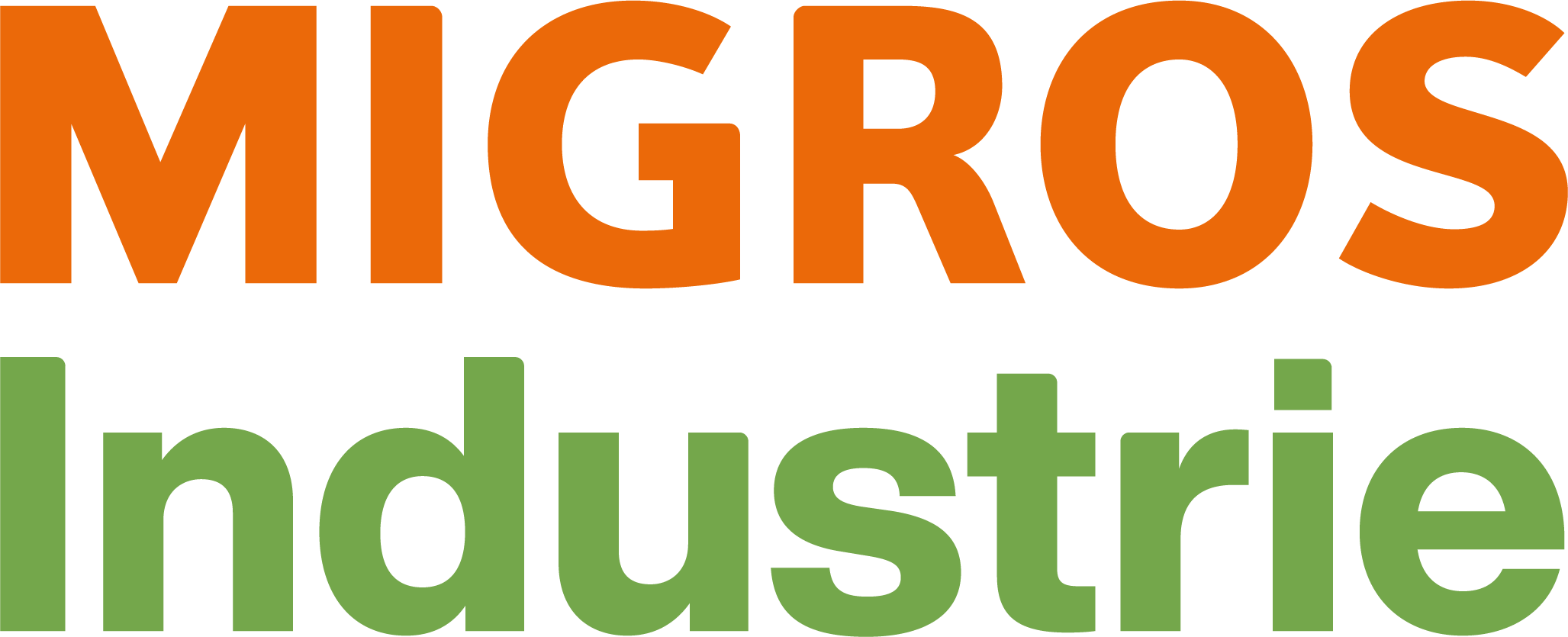Karin Soemardjan, Process Owner Engineering at Migros Industrie AG talks about the biggest changes she has seen in recent years with regard to gender equality.
“I see that organizations are increasingly putting talent above gender or even deliberately wanting to increase the proportion of women at management level. Working women network better with each other than they did years ago. There are professional organizations that offer a platform for coaching, mentoring or exchanging experiences. These have often been set up by successful women with a great deal of passion and skill on a voluntary basis. We owe this welcome change to their tireless work and the influence of diversity advocates in organizations and public life.”
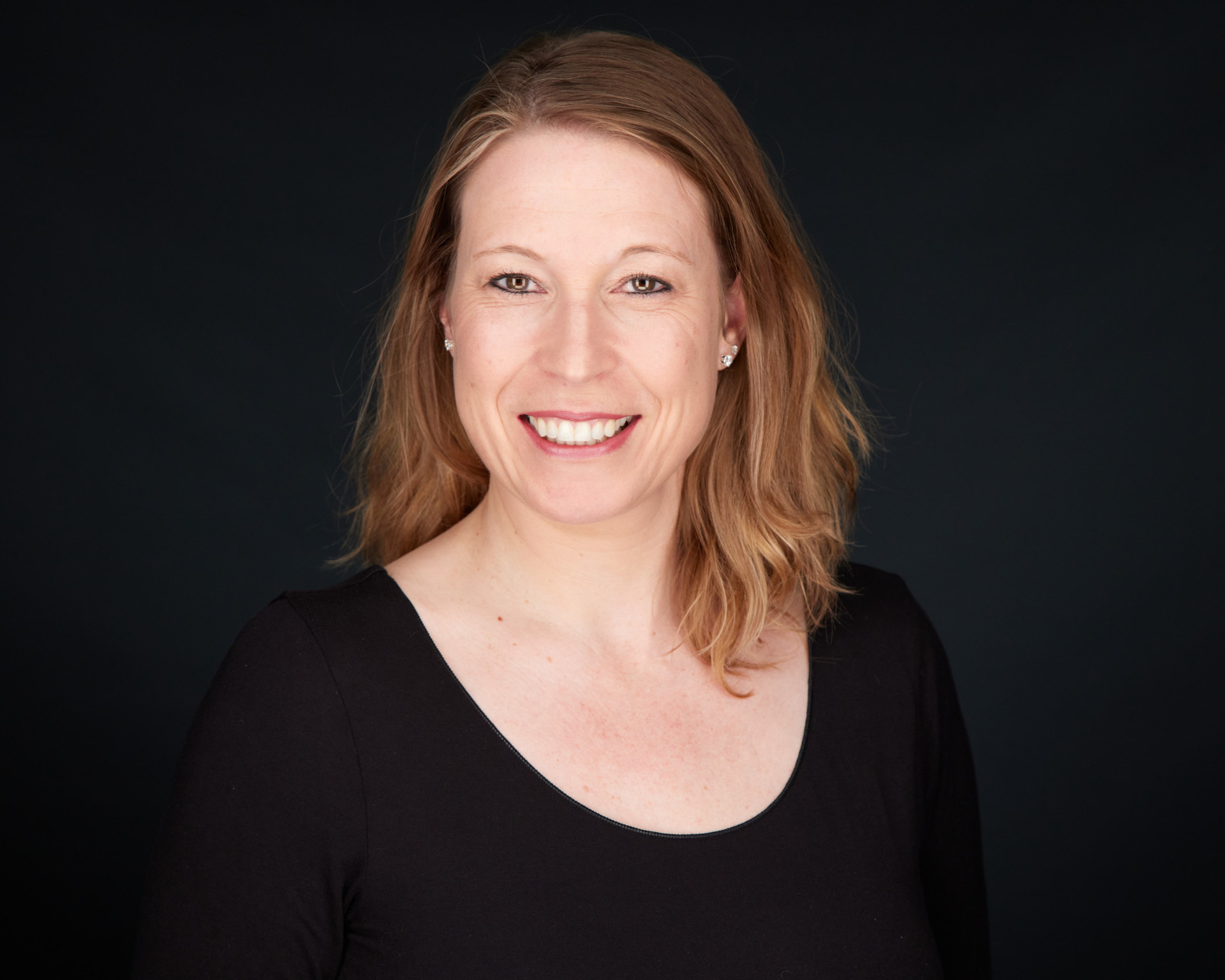
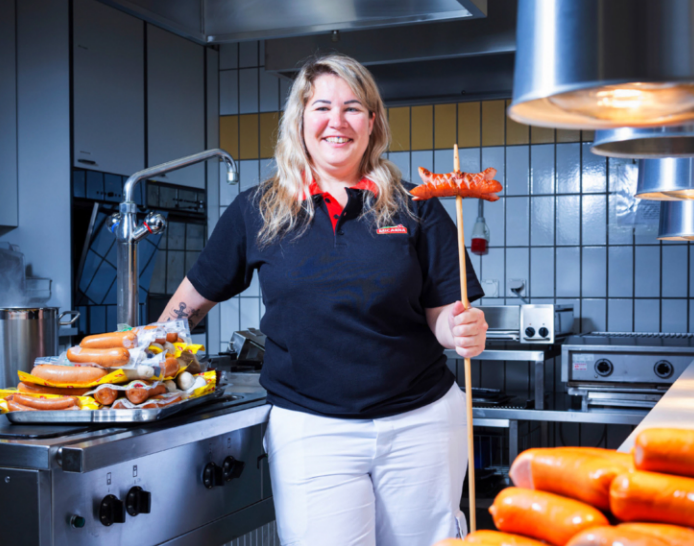
Claudia Meile, developer in the meat department at the Micarna Group, explains how she found her career path:
“I already realized during my cooking apprenticeship that I wanted to become a butcher, not least because I love meat. I also like the challenge and generally prefer working with men rather than women in a team. You have to be able to prove yourself in a man’s world, otherwise you won’t be taken seriously, but I’ve always managed to do that successfully so far.”
Sylvie Collomb, who works in development at the Elsa Group, talks about the changes she has seen in terms of gender equality since her apprenticeship as an EFZ cheesemaker (actual job title):
“When I started my apprenticeship in 1989, there were no changing rooms for women – that’s how much of a minority women were in this profession. However, the proportion of young women starting an apprenticeship as a dairy technologist, for example, or taking on a management position has risen sharply since then.
When I joined the Elsa Group in Research & Development, I was the only woman in the technology hall and also a single mother of three school-age children. I didn’t have much flexibility, but there have also been positive developments in this area. I always sought dialog with my colleagues and explained to them the challenges of spontaneous changes in working hours for me and my family. This has enabled me to maintain a balance in both my professional and private life.”
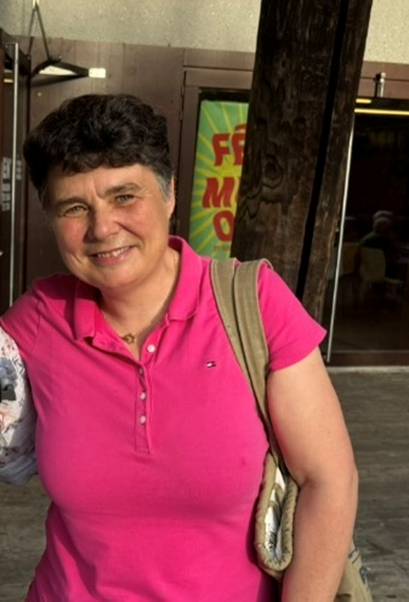
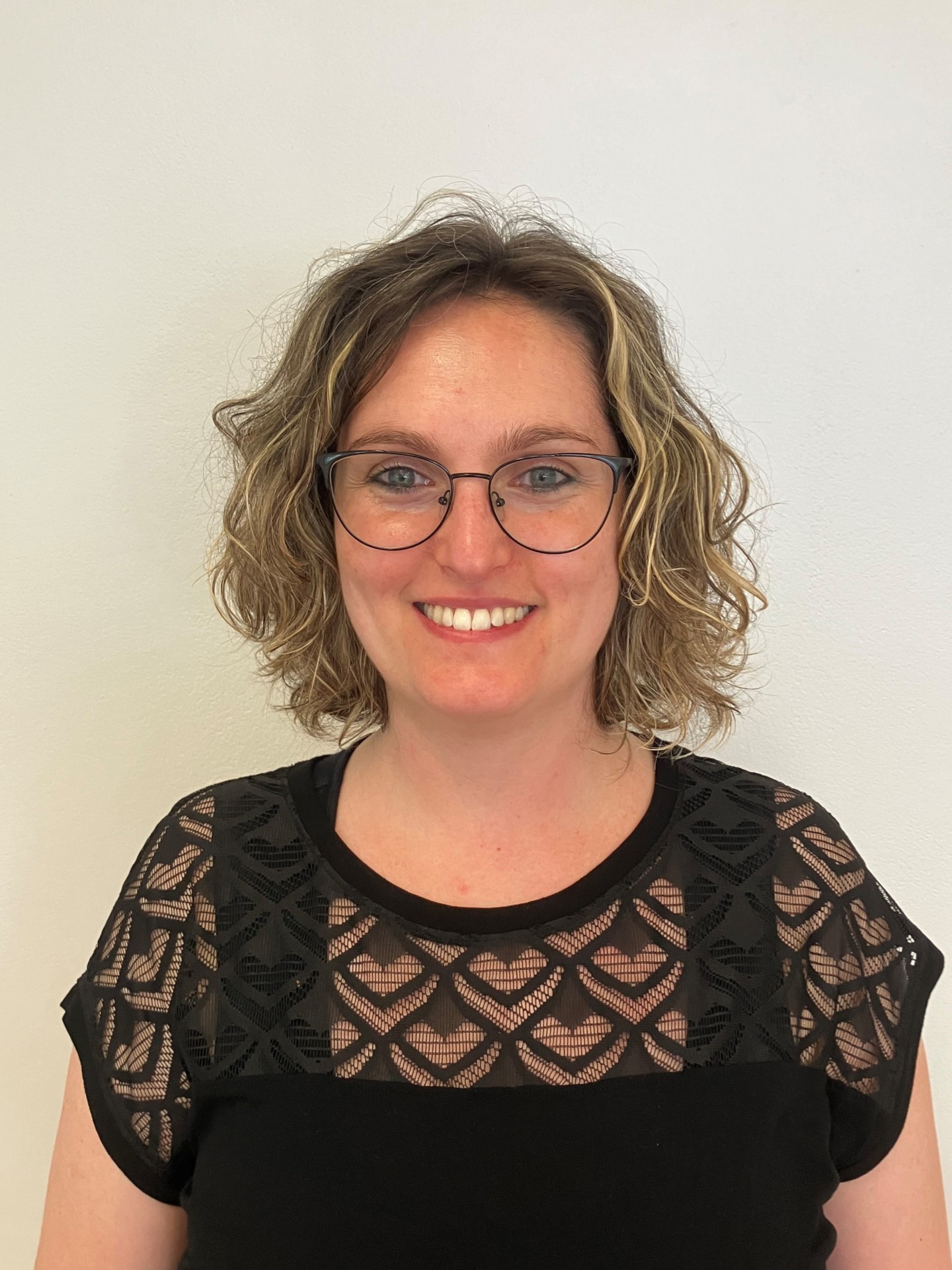
Cristina Piccapietra, Head of the FFB Group site in Sant’Antonino, explains how she found her career path and what she advises other women for their professional future.
“I’ve always been fascinated by the world of food – at home we used to make wine and sausages and cold meat for our own consumption. After my studies, I knew that I wanted to work in the food sector and specifically in food production. When I started at the FFB Group in Sant’Antonino, it was important for me to get to know all the productions in order to gain the trust of my employees.
I would like to tell women – regardless of gender – that passion is the most important thing. The passion for a course of study or a particular job, the passion and the will to work with other people. All of this helps you to overcome difficulties, to keep learning and to achieve your goals.”
Gudrun Kolb, Head of Engineering at Delica Meilen, talks about the challenges she has faced during her career due to her gender and how she has dealt with them:
“While my male colleagues were often immediately trusted professionally, I often had to prove that I knew my job and the technical issues. I usually found opportunities to demonstrate my skills and I quickly got used to the astonished looks.”
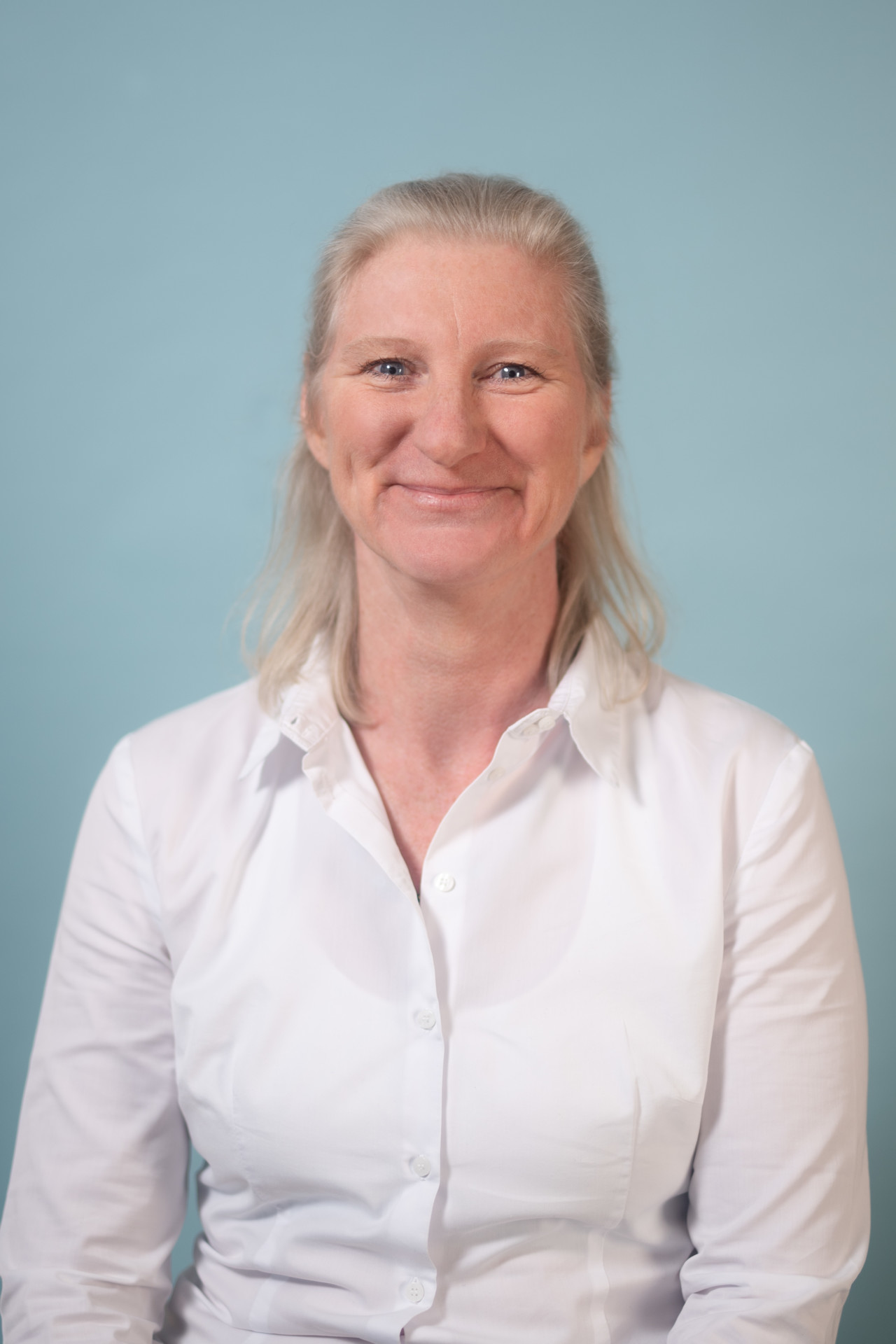
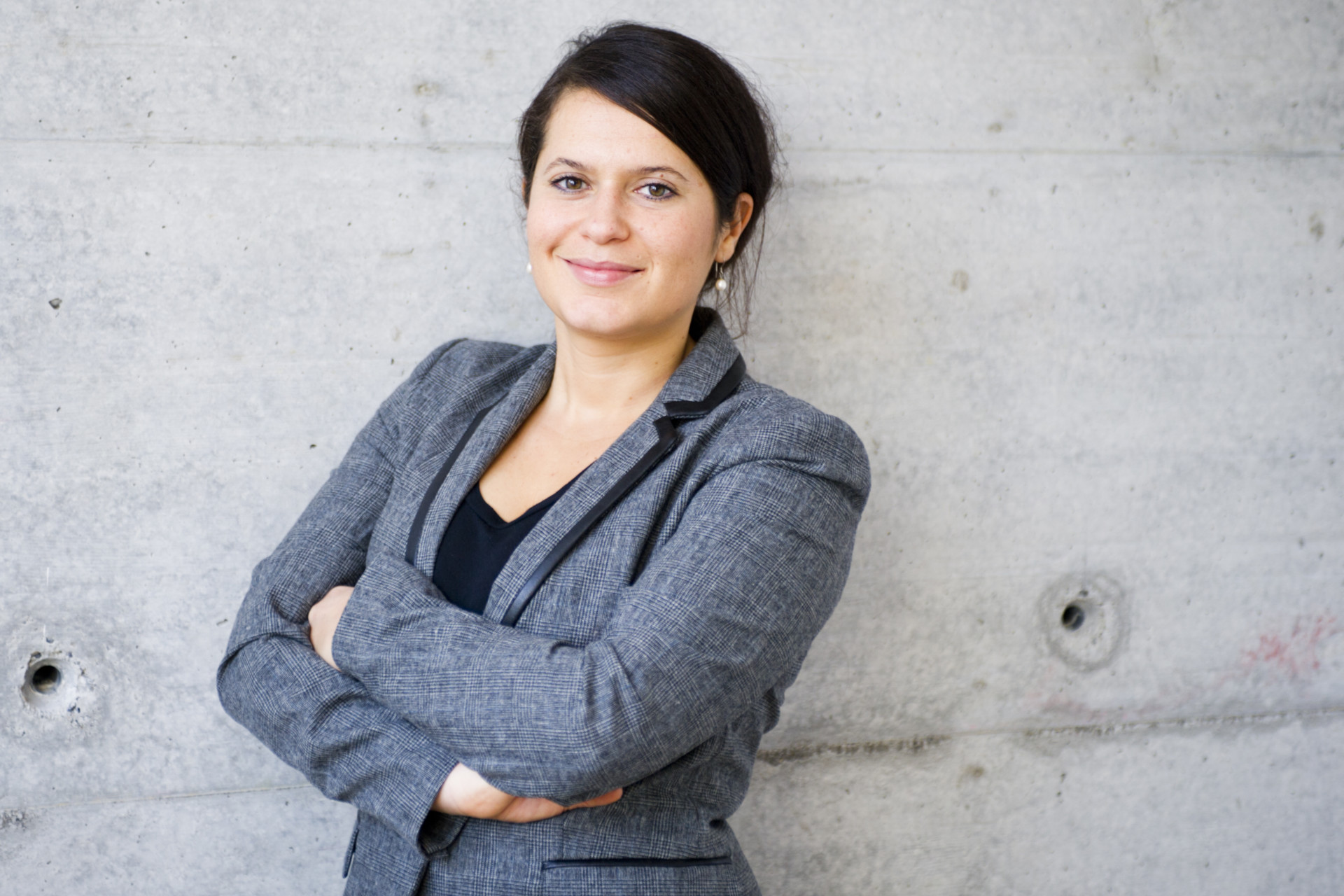
Amira Nassar, Head of Semi-Finished Products at the Mibelle Group, explains how she experiences the issue of gender equality in her day-to-day work:
“Diversity and inclusion are still a challenge in many places. That’s why I’m glad that my employer, the Mibelle Group, is taking on a pioneering role in this area. I experience a lot of trust due to my capabilities and knowhow. The fact that I am a woman is thereby not questioned.
However, I realise in my wider environment that this is by no means the norm. It’s time for it to be recognised that it’s okay for parents not to be in the office at 7:00 am already. It should be possible to promote more flexible working hours across all professions.
However, promoting women is not just a question of gender equality, but also an opportunity for companies to counteract the shortage of skilled workers. It is important to create flexible framework conditions that enable women with children to pursue their careers. This also includes promoting part-time work for me.”
Let’s use this Women’s Equality Day to remind ourselves that we can all play a role in promoting gender equality.
